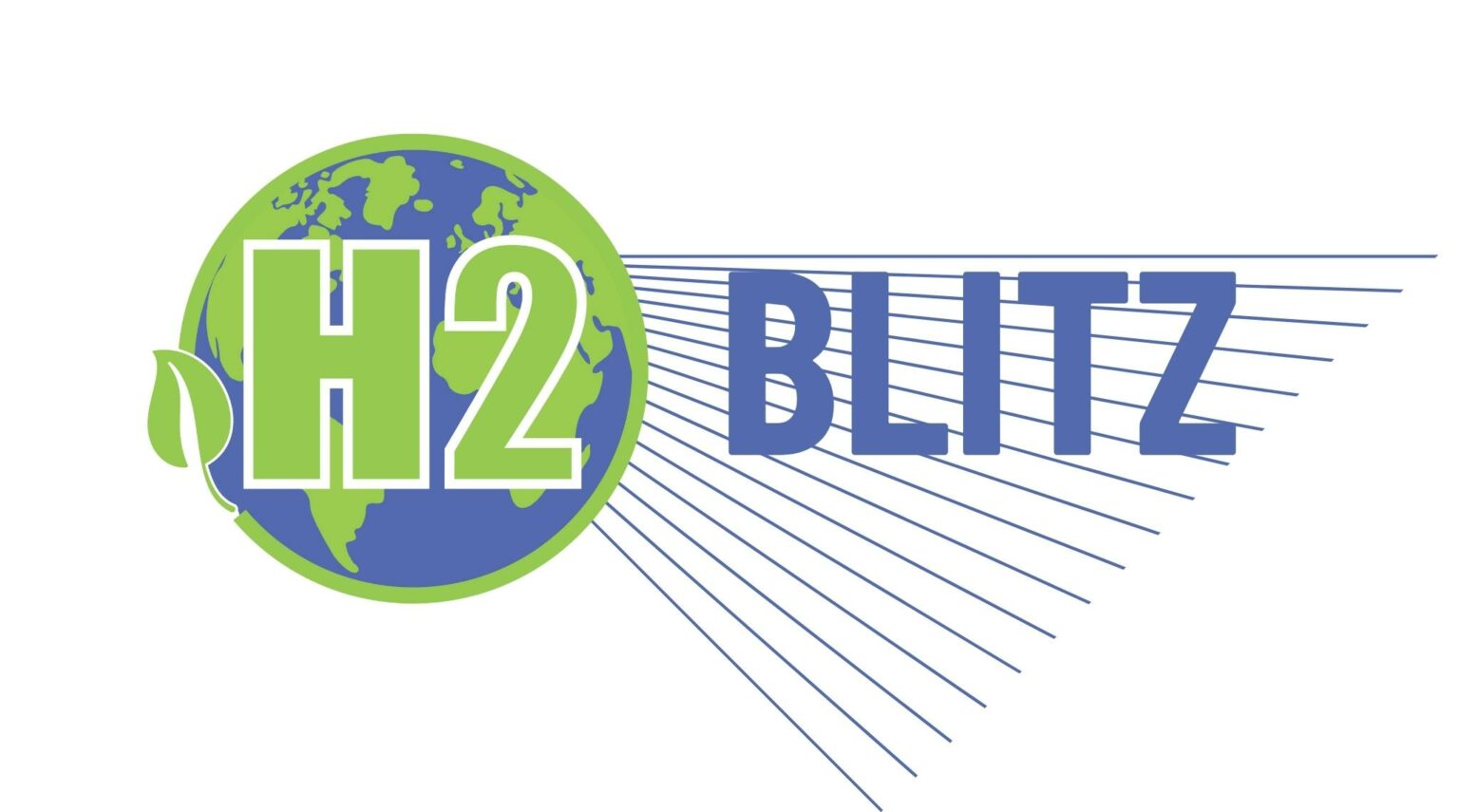AMSL Aero inks order for 10 Vertiia VTOL aircrafts
Australian zero-emission aircraft designer and manufacturer AMSL Aero has signed an order and received deposits for 10 Vertiia vertical take-off and landing (VTOL) aircraft, with an option for 10 more, from its first civil customer Aviation Logistics, paving the way for emission-free flying across Australia
Aviation Logistics, one of Australia’s largest general aviation and regional airline groups, could fly 20 new Vertiia aircraft through Air Link, AirMed, and Chartair from its seven bases across Australia in 2027 (subject to regulatory approvals).
AMSL Aero and Vertiia, its world-first passenger-capable hydrogen VTOL, a helicopter-like aircraft that flies like a fixed-wing airplane, reached a critical milestone with the deal. The world’s most efficient long-range zero-emissions VTOL will have a 1,000km range and 300kmh cruise speed.
INES to conduct Market Assessment for Hydrogen Storage
The Initiative Energien Speichern (INES) declared that a Market Assessment for Hydrogen Storage (MAHS) would take place in April.
90% of Germany’s gas storage capacity is represented by INES, the association of operators of natural gas and hydrogen storage systems.
With the goal of “gathering pertinent information for investments in the development of hydrogen storage and making it available to storage operators and the relevant regulatory authorities,” INES will launch the MAHS on April 1 and conclude it on April 30.
Storage operators are required to do a market evaluation for investments in storage facilities at least every two years, as per Article 8 of the EU legislation on internal markets for renewable gases, natural gas, and hydrogen.
SK E&S steps up its collaboration with Australia
In order to support the development of LNG resources and the creation of blue hydrogen through the use of carbon capture and storage (CCS) technology, SK E&S is stepping up its collaboration with Australia.
SK E&S stated on February 5 that Australian Resources Minister Madeleine King and SK E&S President and CEO Choo Hyung-wook met on February 2 at the SK Serene Building in Jongno, Seoul, to talk about the Barossa Gas Field Project, in which SK E&S is involved, and collaboration on the Korea-Australia CCS business.
Utilizing its already-commercialized CCS technology, SK E&S intends to create low-carbon LNG from the Barossa Gas Field, which it has been developing since 2012. An average of roughly 1.3 million tons of LNG will be introduced annually into the nation for use in the manufacture of blue hydrogen.
Hydrogen Utopia North Macedonian partner acquires waste-to-hydrogen land
In order to expand and launch a waste plastic-to-hydrogen plant, Hydrogen Utopia International (HUI) announced that its medicinal cannabis investment firm in North Macedonia has purchased land adjacent to its facilities.
A subsidiary of Ohrid Organics, in which the London-listed business agreed to buy a 49% stake last month, entered into a deal to acquire 13,567 square meters of land for less than €325,000.
After the purchase is finalized, HUI stated that an area of at least 10,000 square meters is anticipated to be utilized for the launch of a HUI hydrogen facility, subject to securing authorizations, permissions, and funding through grants, loans, or dividends from Ohrid Organics.
tH2 Power selects Shell Blue Hydrogen Process
Shell Catalysts & Technologies has been given a contract by Trillium H2 Power LLC (tH2 Power) to provide a Shell Blue Hydrogen Process (SBHP) licensing agreement. With additional locations in Central Appalachia, the license is for tH2 Power, which will construct several large-scale, low-carbon hydrogen-fueled power generation and manufacturing facilities at the former Portsmouth Gaseous Diffusion Plant in rural Pike County, Ohio, US.
In Phase 1, all tH2 Power plants will produce 500 tpd of decarbonized (blue) hydrogen. The carbon dioxide (CO2) produced by this process will be trapped and permanently stored in the geologic formations that are available across the region. The fuel for this process will be natural gas. Decarbonized hydrogen will be used to power low-carbon power plants, environmentally friendly vehicle fuels, and other low-carbon products. It is anticipated that each site will store a total of 1.6 million tpy of CO2.
GLS Germany transporting goods with hydrogen-powered truck
Since the end of 2023, GLS Germany has been transporting goods over vast distances with the first hydrogen-powered truck. Through real-world assessments, the parcel service gathers experience. Since the end of the previous year, the Cologne-Bonn region has been using the hydrogen-powered Hyundai Xcient Fuel Cell. Presently, GLS has shown its initial balance sheet.
With a gasoline tank capacity of 31 kg, the vehicle can travel up to 380 kilometers on a single charge. Each trip has the capacity to deliver up to 1,300 parcels. In Wesseling and Frechen, vehicles can refuel using public transportation.
The truck is utilized for customer package collection and on the main route in collaboration with Recht Logistik, a GLS partner firm, and Hylane, a car rental company. By now, the low-emission van has driven over 8,500 kilometers and delivered about 50,000 goods.
